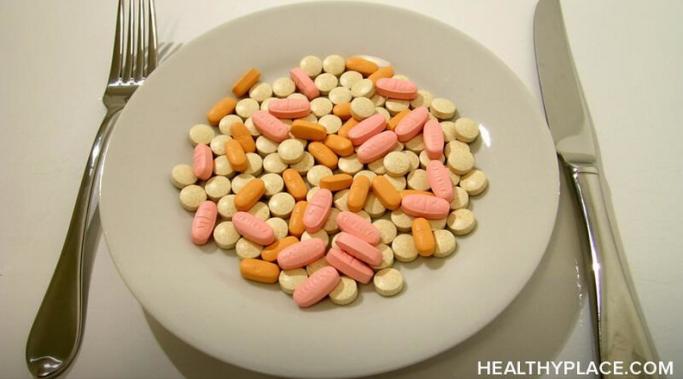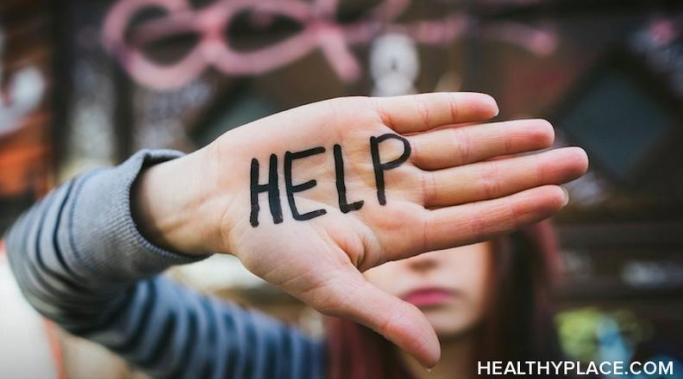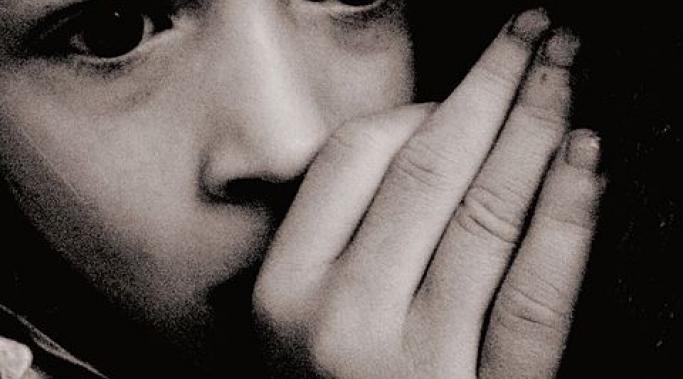Blogs
At nearly 300 pounds, psychotic and impoverished, many doctors and associates had written me off just seven years ago. Getting back on top wasn’t easy. It took a lot of work, help from a good doctor and a lot of determination on my part. Through this I have discovered what I thought what was once impossible, that I could take control of my life despite having schizoaffective disorder.
I’m an impatient patient.
When I was first diagnosed with depression seven or so years ago, my doctor prescribed me an antidepressant medication, warning me that it might take 2 to 4 weeks before it made any difference.
Boy was that an understatement.
Only 33% of teens who were in an abusive relationship ever told anyone about the abuse.~Liz Claiborne Inc., Conducted by Teenage Research Unlimited, (February 2005).
Two of three teens being abused tell no one about their abuse. They don't tell parents, mentors, or friends. The victim's shame and hope that the abuser will "see reason" and either leave them alone (bully) or love them (dating abuse) become barriers to his or her communication with people who want to help.
Although I would like to think my child is the 1 in 3 who report bullying or dating abuse, the odds are stacked against me. So, last night, as I hugged my 15 year old before bed, I asked him if anyone had bullied him at school or online.
Surprisingly, he said, "I don't know." And then, more surprisingly, he said, "I don't know what that would be like."
If you’re “funny in the head” like me, you’ve had to learn how to self-regulate – that is – evaluate your own behavior to determine whether you’re merely “in a mood” or riding the downtown express to Cookoopantsatopolis.
Outsiders cannot understand, to them the answer will always be obvious. We know better. Frequently the dividing line between eccentric and incarcerated is only a few shades of gray, and one doesn’t even notice the point at which fun has turned into funkachunkabagooboo.
To help all of you out there cursed with the responsibility of being one’s own strictest supervisor, I have devised this simple quiz which can be self-administered whenever needed. If you answer “B” to more than 5 of these questions, you’ve been boodoogelized and should get help as soon as you retrieve your clothes from the dishwasher.
Self-harm is mentioned below.
When I was at university earning my degree I was a busy girl. I was attending school full-time, working three part-time jobs and skydiving on the side. There wasn’t a lot of time for dilly-dally.
And, of course, through this I was also getting treatment for bipolar disorder. This was at a time when treatment has started becoming successful but we were still tweaking things to try and get the most from the medication. As most lab rats know, this means upping the dose.
And, one day, I was at work and suddenly found myself needing to excuse myself to the lady’s room so I could slice open my ankle.
Drat.
“The most important relationship you will ever have is the one you have with yourself.” Author unknown
Each year, Valentine’s Day seems to draw attention to the notion that love is indeed a mystery. For some, it is a day looked forward to eagerly as they await their chance to acknowledge or be acknowledged by those they love. However, for many people with adult ADHD, their own inner struggle with poor self-worth, lack of self-acceptance and low self-esteem, limits their full appreciation of the abundant love from those around them and for themselves.
Easier said than done! I recognize a pattern in my posts: I seem to be telling you what you probably already know. I write that recovering from mental illness is exhausting and that taking psychiatric medication leaves something to be desired. But these topics are important and they need to be discussed.
So, let's talk about sleep.
Before I decided to share them here, I hadn't read my old personal blog entries chronicling Bob's two inpatient hospitalizations in 2008 since writing them. As I read them four years later, the confusion, hurt, anger and hopelessness are just as palpable.
Amazing how the past can provide perspective into the present.
"Cowards die many times before their deaths. The valiant never taste of death but once."
William Shakespeare, Julius Caeser
It was February 1977. We tumbled out of our wooden paneled station wagon, returning home from Indian Princesses, a YMCA craft and activity program to enhance relationships between fathers and daughters.
This is a hard piece for me to write because it involves recognizing emotional abuse and the events leading up to my diagnosis of borderline personality disorder (BPD) and complex post-traumatic stress disorder (PTSD). It may be triggering to fellow survivors of emotional abuse. If you aren't in a place where you can read about it, don't read this piece. It's okay not to be ready to face your past by hearing about mine.









